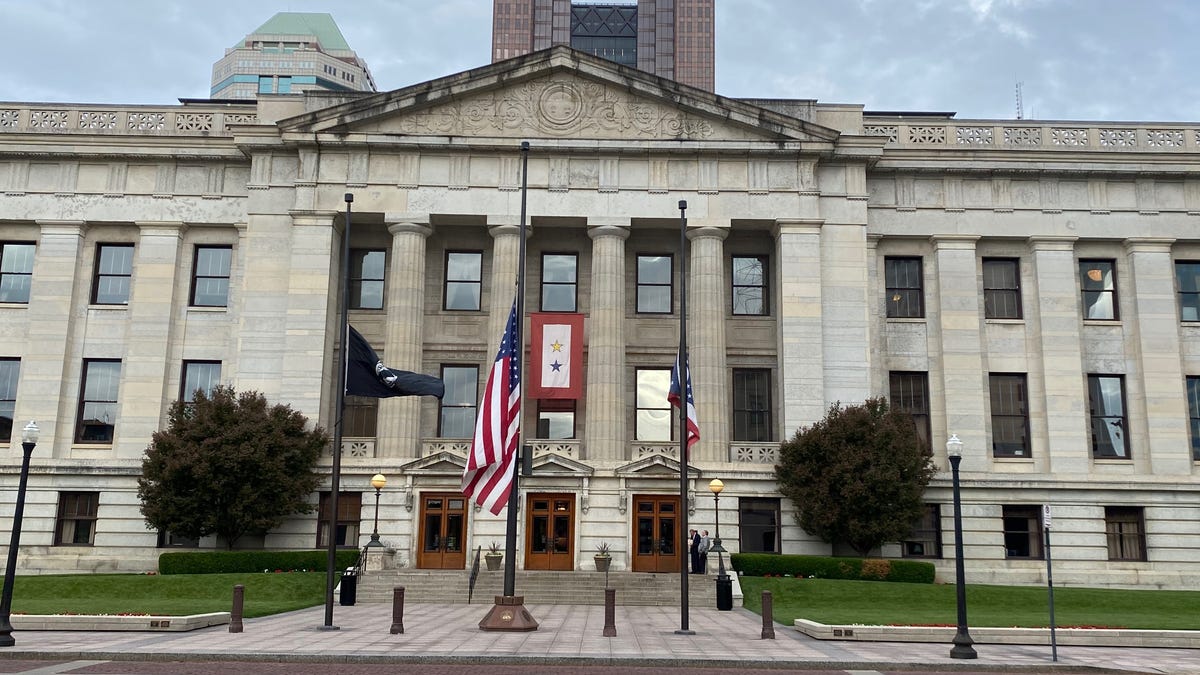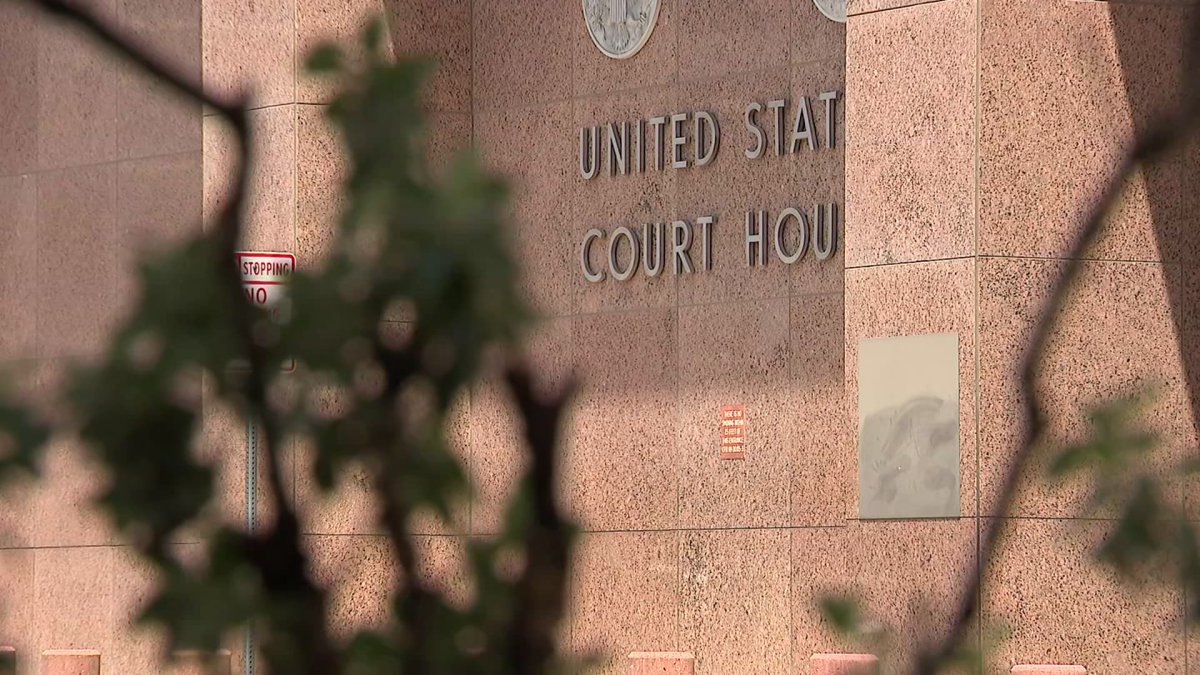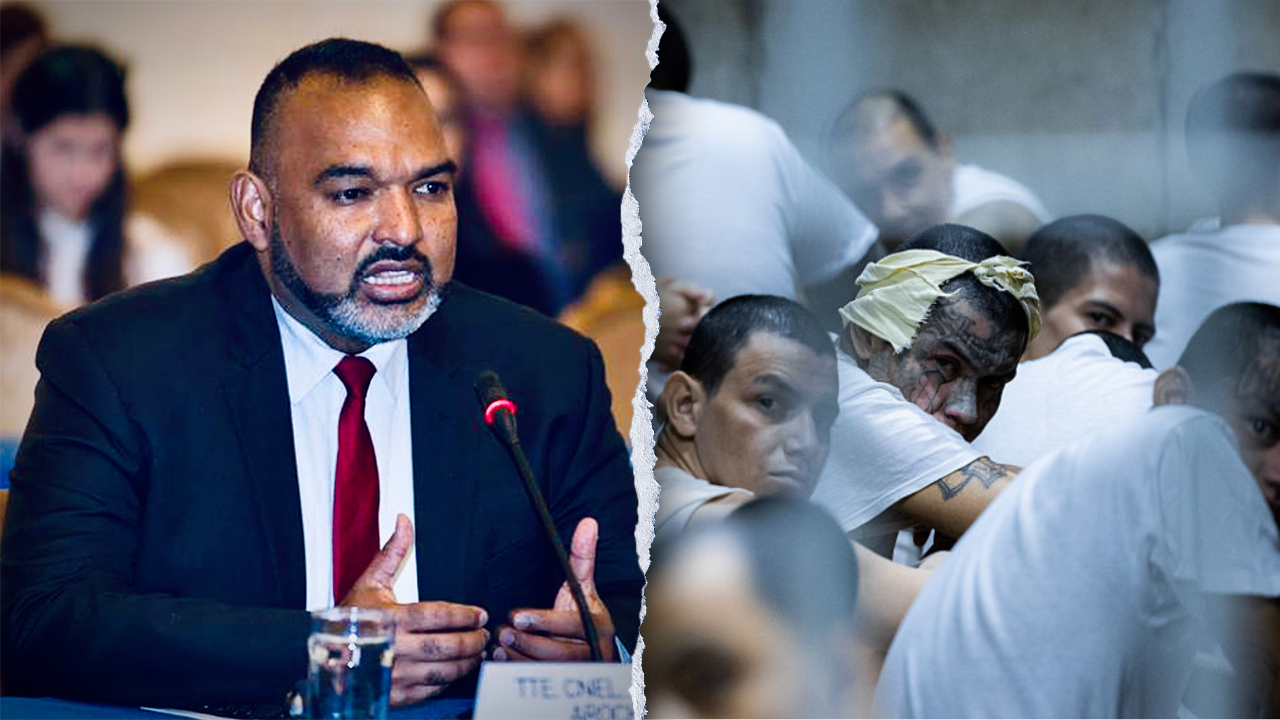Missouri
Missouri AG Withdraws Ban on Gender-Affirming Care for Both Youth and Adults
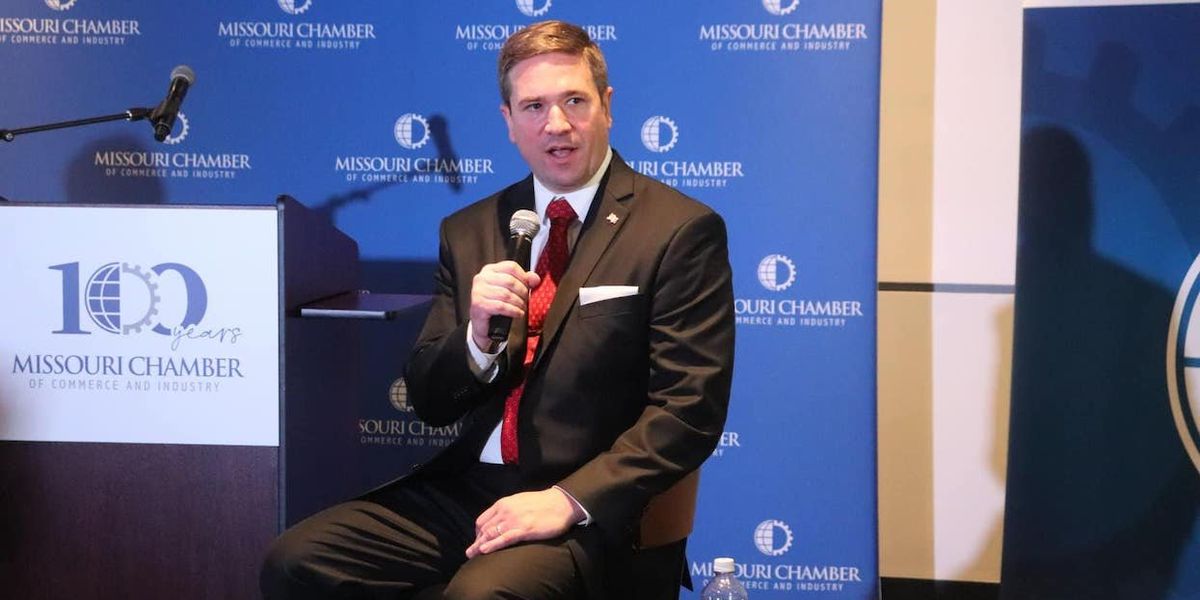
Missouri Attorney General Andrew Bailey has withdrawn his emergency rule that banned gender-affirming health care for transgender people of all ages.
It had already been blocked until July by a St. Louis County judge while a lawsuit proceeds, and some of Bailey’s critics say he recognized he was fighting a losing battle. But Missouri Gov. Mike Parson, like Bailey a Republican, is expected to sign a bill into law that would ban the care for trans minors and certain adults.
The legal challenge to Bailey’s rule was brought by Lambda Legal, ACLU of Missouri, and Bryan Cave Leighton Paisner LLP.
However, Bailey’s rule, which he announced in March and filed with the secretary of state the following month, would ban gender-affirming care for all trans adults as well as minors. In the document laying out the policy, he said these treatments “lack solid evidentiary support” and “pose very serious side effects,” none of which is true. The care, including puberty blockers, hormones, and surgery — with genital surgery recommended for adults only — are endorsed by every major medical association.
Bailey’s policy also “included a new therapy requirement that created an 18-month waiting period for care,” the St. Louis Post-Dispatch notes. It “would have made Missouri the first state to greatly restrict care for transgender adults,” the paper reports.
The attorney general withdrew the rule Tuesday and issued a statement his rationale, saying, “We were standing in the gap unless and until the General Assembly decided to take action on this issue,” according to the Post-Dispatch.
Both houses of the Missouri legislature have now passed a bill that would ban gender-affirming care for trans minors as well as all incarcerated people in the state and those who receive care under Missouri’s Medicaid program. Violation would be considered unprofessional conduct and result in revocation of a health care provider’s license.
Bailey’s rule was widely criticized by LGBTQ+ rights advocates and Democratic politicians. “Andrew Bailey grossly overstepped his legal authority, and everyone knows it,” said a statement from House Minority Leader Crystal Quade. “So it isn’t surprising he withdrew his unconstitutional rule knowing another embarrassing court defeat was inevitable.”
Republicans hadn’t expressed much support for Bailey’s action either, the Post-Dispatch reports. Parson had said he didn’t favor the ban on care for adults, and Secretary of State Jay Ashcroft, who is seeking to replace the term-limited governor next year, “predicted the rules would never actually take effect,” according to the paper.
“While the immediate threat and unprecedented reach of the Attorney General’s emergency rule will end, we are fully aware that the Missouri Legislature continues to train its sights on Missouri’s trans community,” Nora Huppert, staff attorney at Lambda Legal, said in a press release. “SB 49 would deny adolescent transgender Missourians access to evidence-based treatment supported by the overwhelming medical consensus. The fight against these dangerous and unprecedented attacks is far from over.”

Missouri
Missouri governor's plan for new Kansas City stadiums is meeting resistance

The Missouri legislature will conduct a special session next week, with one of the goals being action of bills aimed at keeping the Chiefs and Royals from crossing the border to Kansas.
It won’t be easy. The Missouri Independent explores the political issues that complicate the effort to get public money for a renovated football stadium and a new baseball stadium.
From the right, Missouri governor Mike Kehoe faces demands for tax cuts. From the left, he’s getting demands for more than $25 million in disaster relief after tornadoes recently ripped through St. Louis.
Making the situation even more delicate is gamesmanship regarding the manner in which the regular concluded. That culminated in a Thursday session punctuated by shouting.
The special session will focus on the stadium projects, with the state footing up to half the bill. Last year, Jackson County voters overwhelmingly rejected the continuation of an existing sales tax to fund the efforts. Soon, we’ll find out whether the political machinery in Missouri can accomplish indirectly that which the people refused to directly do.
Missouri
Missouri veterans homes struggle year after year without consistent funding
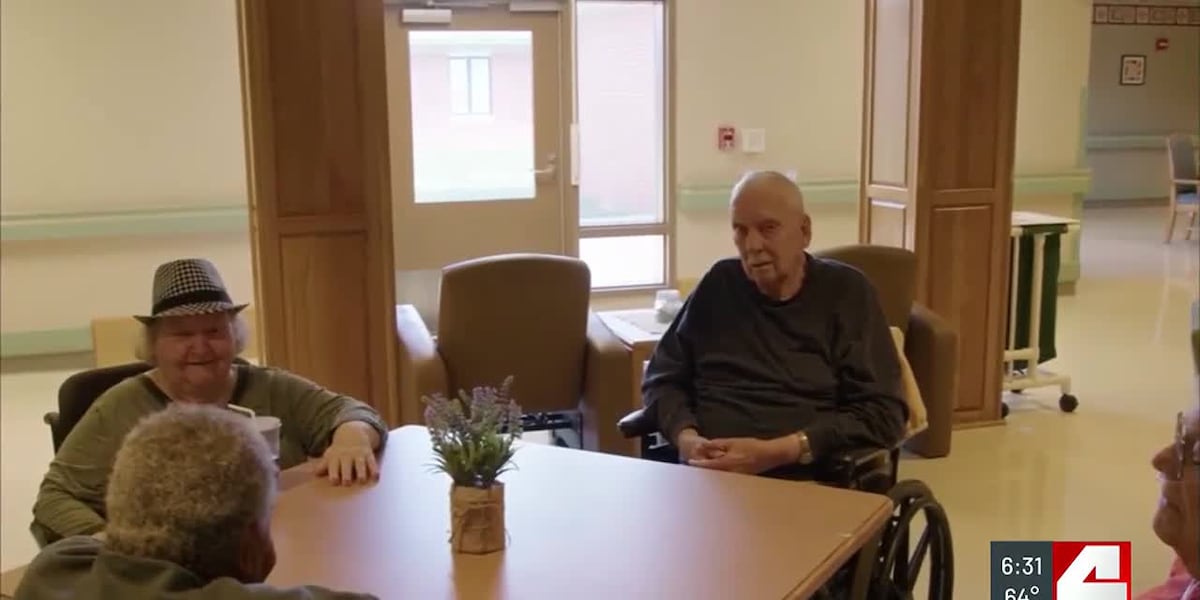
ST. LOUIS, Mo. (First Alert 4) — Missouri is constantly on the brink of losing a veterans home because funding can vary from year to year.
One lawmaker is sounding the alarm on funding for Missouri’s veterans homes, saying the taxes the states rely on for these specialized care facilities are not dependable. The Missouri Veterans Commission relies on marijuana tax revenue and casino admission fees but has no set line in the state budget if these two avenues falter.
Before he represented Jefferson City in the Missouri House, Dave Griffith was a Green Beret.
Now he’s fighting a different battle: to keep Missouri’s veterans homes open and operational.
“These are veterans that we made a promise to,” Griffith said. “When we raise our hands as veterans, we make a pledge to our country to protect and serve. At the same time, the country made a pledge to us. That when you get to this point in your life, when you need skilled nursing services, we’re going to be there for you. And we’re failing them.”
Missouri’s seven veterans homes are currently serving 848 veterans, and almost all of them have waitlists. They offer specialized services, from haircuts to physical therapy, at a partially subsidized rate for veterans who can no longer care for themselves.
“Age is not a determining factor, we have everything from 40s up to, we’ve got a veteran who was in the Battle of the Bulge, so I think he’s 103 years old right now,” said Missouri Veterans Commissioner Director Ret. Col. Paul Kirchhoff.
It’s a fight every year to ensure funding since there is no permanent line item in the state budget for veterans homes. Kirchhoff said before the funds were secured this year, the commission had been deferring critical maintenance on some of the homes and even discussing which one they could afford to close.
“A lot of businesses have a 5-year plan, 10-year plan, I can’t do it because I don’t know what kind of funding I’m going to get year to year,” Kirchhoff said.
A portion of the tax revenue from both medical and recreational marijuana goes to the Missouri Veterans Commission. Missouri Cannabis Trade Association Spokesperson Erin Schrimpf said marijuana has been selling at three times the rate expected before legalization. She said the industry expects it will continue to thrive and provide the state with ample sales tax.
“Missouri’s regulated market is thriving and has a lot of support,” Schrimpf said.
The Veterans Commission received nearly $34 million from marijuana taxes this fiscal year, but that’s not the bonus people thought it would be. It’s just enough to maintain veterans homes.
“A lot of people think that with the marijuana funding that there could be additional programs that we could start, that’s just not the case,” Kirchhoff said.
The amount veterans homes receive from casino admissions has been decreasing steadily, from $30 million in 2013, to $11 million in 2023, which is the last full fiscal year the Missouri Gaming Commission has reported. Although casinos in Missouri are reporting increased revenue, they’re getting less foot traffic and the admissions fees stay the same.
Griffith wants to get a new line item in the budget, $50 million in general revenue for veterans homes. He only has one year left in office, but expects his colleagues to carry on the battle after he’s gone.
“It’s a battle that I’m not afraid to fight, and I will continue that battle until I have to walk out of this building,” Griffith said.
Copyright 2025 KMOV. All rights reserved.
Missouri
Abortion providers send patients out of Missouri after ban effectively reinstated

KANSAS CITY, Mo. (KFVS) – Missourians seeking abortions are fleeing to Kansas or Illinois after a court judgement essentially reinstated the state’s abortion ban.
Since the Missouri Supreme Court decided a Jackson County judge’s ruling was not efficient, abortions are effectively banned in Missouri again unless the lower court can rule again. Abortions providers in and out of Missouri have noted that patients are going out of the state to receive care just one day later.
After the Dobbs decision, Missouri was the first state to ban abortion. In November 2024, Missouri voters legalized abortion in November when 52% of them voted “yes” on Amendment Three.
Amendment Three was put on the ballot by initiative petition, having to receive thousands of signatures from people all over Missouri. It faced several legal challenges along the way, going all the way to the state’s Supreme Court before the matter was settled.
A Jackson County Judge stopped Missouri’s licensing requirements for abortion providers, saying they were unfairly restrictive and singled out abortion providers in February. Shortly after, Planned Parenthood started offering abortions at several locations.
Tuesday, the Missouri Supreme Court ruled that the legal reasoning behind the Jackson County ruling was not sufficient, which puts all the abortion regulations back into effect.
When abortion was banned in Missouri after the Dobbs decision but before Amendment Three, data from the Guttmacher Institute shows about 10,000 Missourians traveled to Kansas or Illinois each year to receive abortions.
Rianne Hawkins with Planned Parenthood Great Rivers said the clinic is determined to continue providing abortions, even if it can’t do so in Missouri.
“We’re working really hard to make sure that all the patients that need that care are able to receive that abortion care, whether they have to go to Kansas or Illinois,” Hawkins said.
Hope Clinic in southern Illinois said about 40% of its out-of-state patients since Roe v. Wade was overturned are from Missouri. Co-owner Julie Burkhart said she will continue to work with Missouri abortion clinics during this uncertain time.
“We’ve seen firsthand how they struggle to deal with rising travel costs and logistical barriers like taking time off work and finding childcare. Beyond making it harder for people to access abortion, restrictions also create fear and stigma around this safe, common form of reproductive health care.”
The Jackson County judge can reverse the decision with another ruling. Planned Parenthood said its legal team has already filed a response to Tuesday’s ruling.
Meanwhile, anti-abortion advocates have already turned their attention to the next battle. Another vote on abortion will take place after lawmakers passed a bill to put abortion back on the ballot. Anti-abortion advocates like Brian Westbrook with Coalition Life said Amendment Three was misleading and this new measure will clear things up.
“There’s a lot of work being done behind the scenes,” Westbrook said. “Rallying the troops, getting synergy around this ballot initiative.”
Under the bill passed by the Missouri general assembly, abortion will be on the ballot again in November 2026.
Copyright 2025 KFVS. All rights reserved.
-

 Education1 week ago
Education1 week agoVideo: Columbia University President Is Booed at Commencement Ceremony
-

 Technology1 week ago
Technology1 week agoAMD’s new RX 9060 XT looks set to challenge Nvidia’s RTX 5060
-

 Technology1 week ago
Technology1 week agoAre Character AI’s chatbots protected speech? One court isn’t sure
-

 News1 week ago
News1 week agoRead the Full ‘Make America Healthy Again’ Report
-

 Culture1 week ago
Culture1 week agoHow Manga Megastar Junji Ito Makes Terrifying Series Like ‘Uzumaki’
-

 News1 week ago
News1 week ago'Golden Dome' Missile Shield To Be 1st US Weapon In Space. All About It
-

 News1 week ago
News1 week agoVideo: Trump Repeats False Claims to South African President
-

 World1 week ago
World1 week agoBelgium requests lifting of MEP immunity to investigate Huawei scandal



